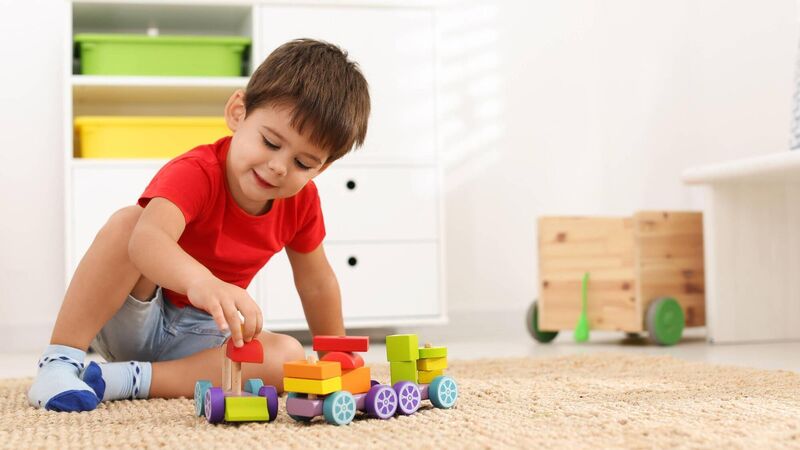Joanna Fortune: My two-year-old bit another child at creche. What can I do?

There is a spike in biting in children of this age when cutting a new tooth
Try from €1.50 / week
SUBSCRIBEI got a call from the creche to say that my two-year-old son bit another child. I was shocked as he’s usually well-behaved, always saying ‘please’ and ‘thank you’. What can I do to ensure this does not happen again?
Toddler biting is extremely common. Young children are still developing their understanding of the world and of people and how they position themselves in their environment. They are curious and learn in a physical, active, and tactile-sensory way. They are still developing expressive language.
Already a subscriber? Sign in
You have reached your article limit.
Annual €130 €80
Best value
Monthly €12€6 / month
Introductory offers for new customers. Annual billed once for first year. Renews at €130. Monthly initial discount (first 3 months) billed monthly, then €12 a month. Ts&Cs apply.
CONNECT WITH US TODAY
Be the first to know the latest news and updates
Newsletter
The best food, health, entertainment and lifestyle content from the Irish Examiner, direct to your inbox.
© Examiner Echo Group Limited